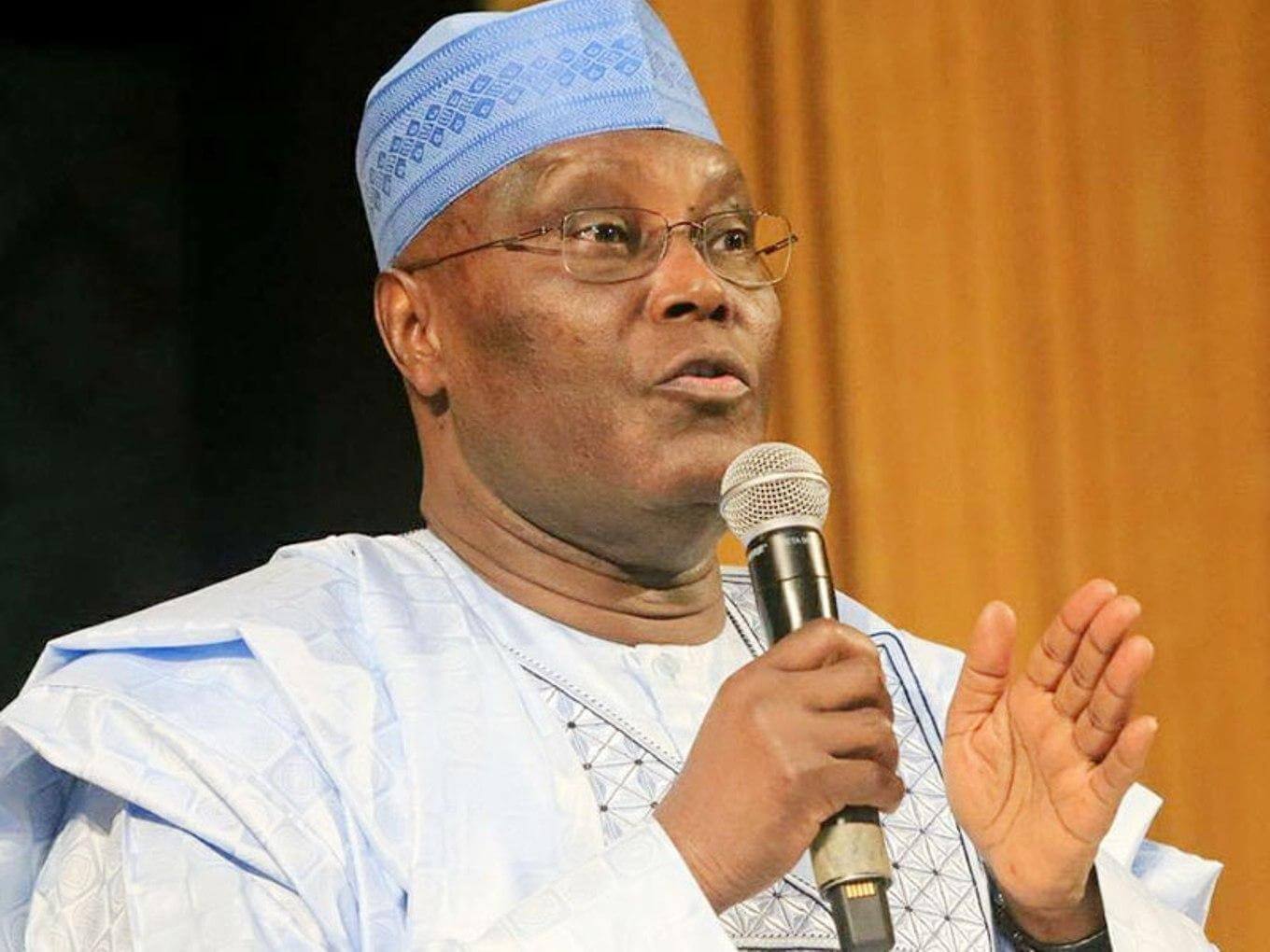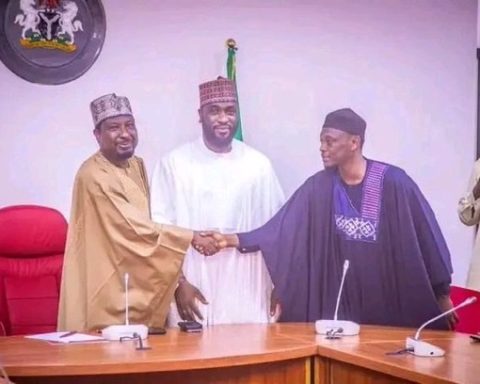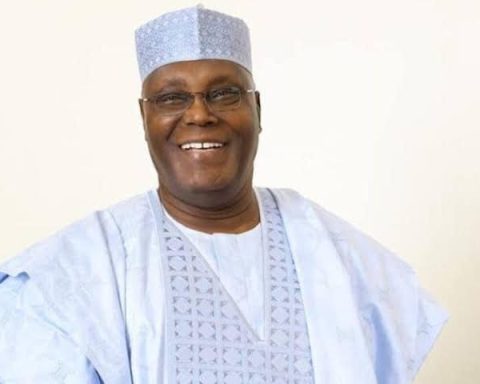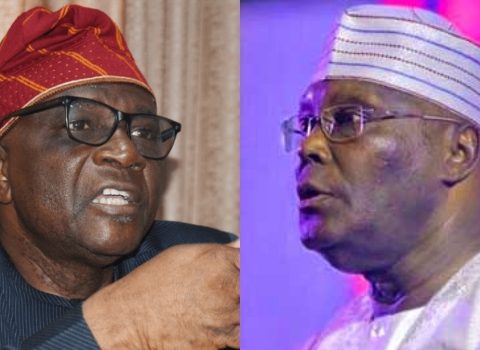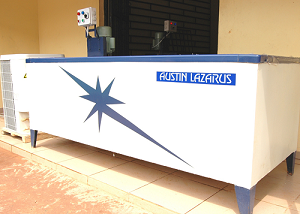Former Nigeria’s Vice President, Atiku Abubakar, has kicked against plans by the President Bola Tinubu-led All Progressives Congress (APC) government to secure fresh external and domestic loans.
Atiku described the plans by Tinubu’s government as “a reckless and dangerous move that threatens the future of Nigeria and generations yet unborn.”
Join our WhatsApp ChannelPrime Business Africa had reported that President Tinubu on Tuesday, 27 May, sent a request to the National Assembly, seeking approval to borrow $21.5 million and ¥15 billion Japanese Yen along with a €65 million grant. The total funds proposed to be borrowed amount to about $24 billion or ₦39 trillion.
Tinubu said the funds would be utilised in projects that are expected to contribute significantly to the socioeconomic development of the country.
Following public outrage generated by the announcement, the Federal Government, through the Ministry of Finance, defended the borrowing plan, saying it is part of the proposed Medium-Term Expenditure Framework (MTEF).
The statement signed by the Director of Information and Public Relations of the Federal Ministry of Finance, Mohammed Manga, explained that the MTEF Plan outlines the external borrowing framework for both the federal and sub-national governments over a three-year period and also details projects they are tied to, terms and conditions, and the implementation period.
READ ALSO: Tinubu Seeks N’Assembly’s Approval For $21.5m, ¥15bn, €65m Loans
According to Manga, the external borrowing plan does not amount to an automatic increase in the nation’s debt burden.
“In 2025, the external borrowing component is $1.23 billion, and it has not yet been drawn.
“The nature of the rolling plan means that borrowings are split for the project. For example, a large proportion of projects in the 2024 – 2026 rolling plan have multi-year drawdowns of between 5 – 7 years, which are project-tied loans. These projects cut across critical sectors of the economy, including power grids and transmission lines, irrigation for improving food security, fibre optics network across the country, fighter jets for security, and rail and road infrastructure,” Manga stated.
However, Atiku, in a statement on Thursday, raised concerns that the loans will raise the country’s total public debt from ₦144.7 trillion to ₦183 trillion if approved by the National Assembly.
READ ALSO: Is Olakunle Ade-Ojo Planning To Takeover Custodian Investment As Majority Shareholder?
“This move comes while Nigeria’s debt burden is already at alarming levels,” Atiku stated.
The former vice president stated that as of 31 December 2024, the public debt stood at $94 billion (₦144.7 trillion).
According to him, the public debt has surged by 65.6 per cent since Tinubu assumed office in 2023.
Atiku observed that since 2015, public debt has jumped by 1,048 per cent under the APC-led administration, from ₦12.6 trillion to ₦144.7 trillion.
He lamented that the debt-to-GDP ratio has surpassed 50 per cent, while the debt-service-to-revenue ratio is over 130 per cent. He said this means the government now spends more on repaying loans than it generates.
“This is not just unsustainable — it is immoral,” Atiku declared. “The Tinubu administration is borrowing money not for development but to service existing loans, fueling a debt spiral that leaves nothing for infrastructure, education, healthcare, or jobs.
“This addiction to borrowing, entrenched under the APC-led administration and now accelerated by President Tinubu, has turned public finance into a Ponzi scheme — borrowing to pay debt, then borrowing again to pay interest. Nigeria is now caught in a vicious cycle that mortgages the future to pay for the past.”
While warning that it is “economic sabotage”, the Peoples Democratic Party (PDP) presidential candidate in the 2023 election called for immediate halt to the borrowing plan.
“We call on lawmakers, civil society organisations, the media, and the international community to take urgent action to stop this looming catastrophe. Nigeria must not be sold into debt slavery,” the opposition leader further stated.
Victor Ezeja is a passionate journalist with seven years of experience writing on economy, politics and energy. He holds a Master's degree in Mass Communication.


